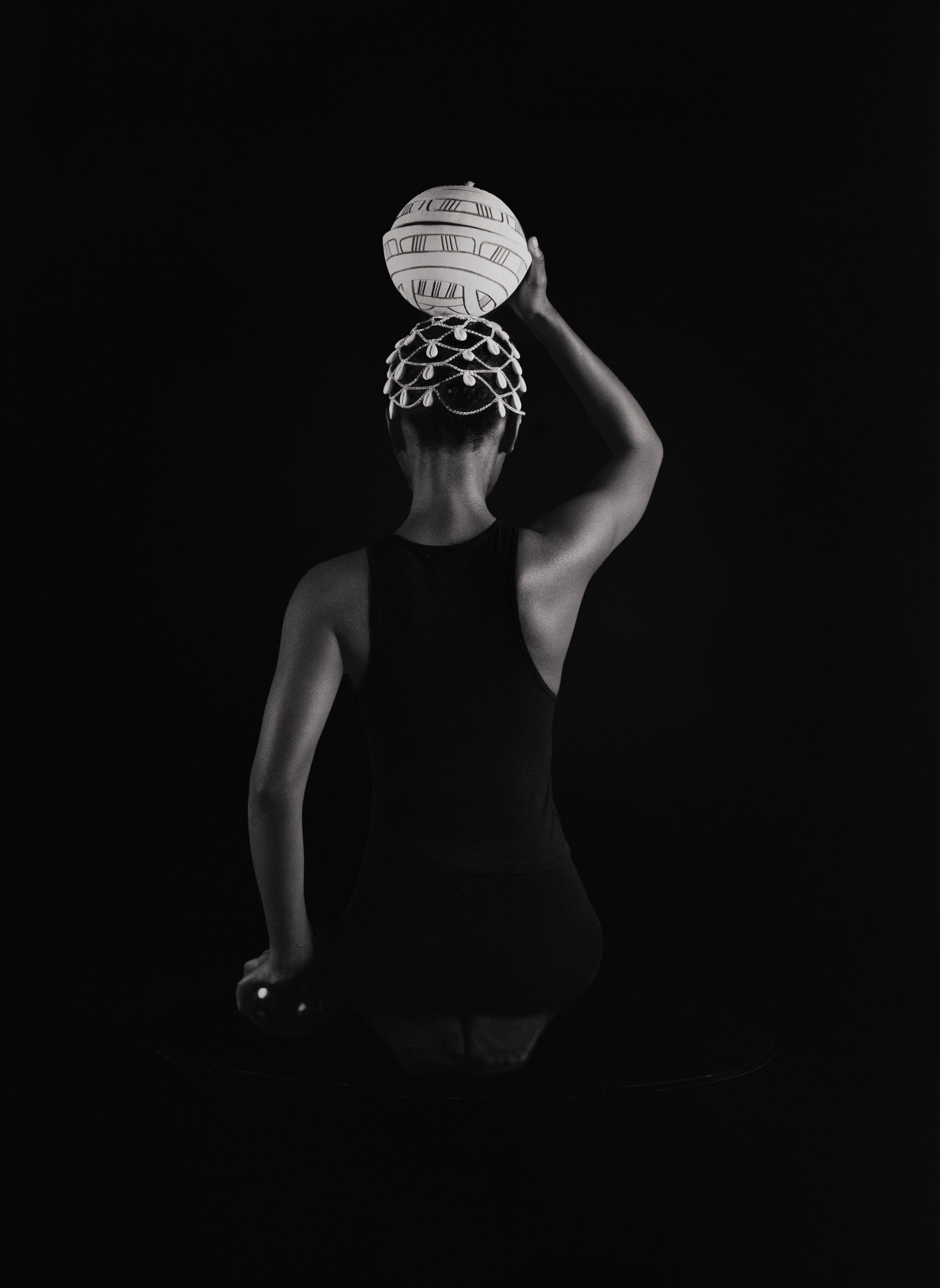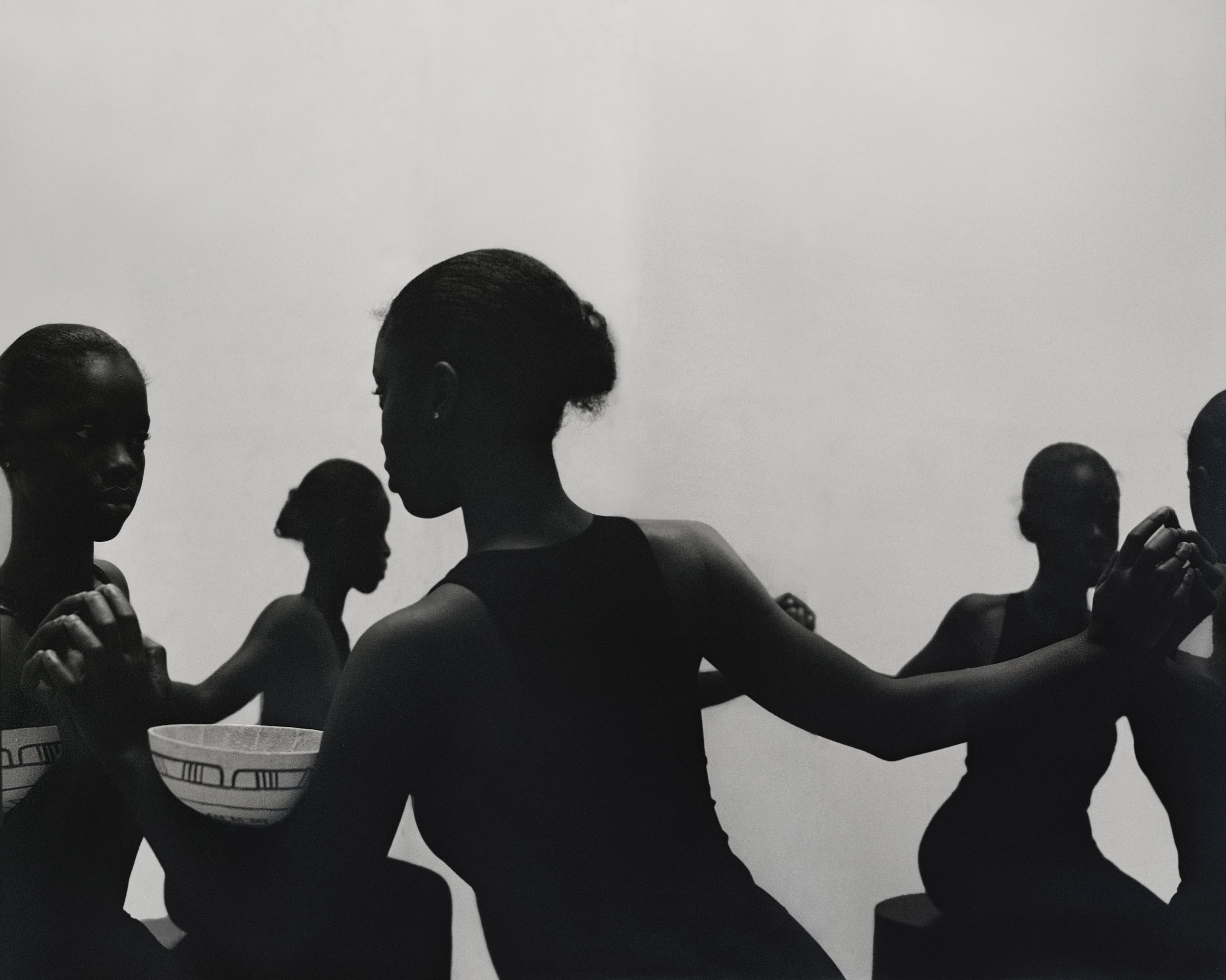Orí Inú (2023 -2024)
Orí Inú takes from the Yoruba Metaphysical conception “Orí ’ which translates to head and refers to one's spiritual destiny.
Followers of the Yoruba Spiritual tradition ‘Ifa’ believe that all humans pick their spiritual destiny(‘Orí’) before entering the world. Orí is one's personal ‘god’ which follows us through the ups and downs of life, and by working on ourselves both spiritually and physically we can heal ourselves and obtain alignment with our personal destiny.
Using the calabash as a metaphor, Orí Inú depicts Aisha’s attempts to mend the break between her mind and spirit and realignment of her personal destiny. There are no markers of the natural world, to represent inner consciousness, and emptiness occurring as a result of existential dread. Ori inu attempts to show that reconnecting with one's inner spirit is a continuous endeavour and is a condition of the human experience.
For me, Orí Inú represents my decision to reconnect with my love of photography. The project signals the shift from my past work, from a didactic to a poetic approach. Through this project I have been able to develop my practice by exploring the boundaries between the photograph and the object, as well as the social relationship that manifests with the individual and the keepsake. I am particularly inspired by objects such as the locket, and the cameo, and their relations with photography. Stimulated by this history, I have been designing and developing a series of bronze combs sculptures, to sit alongside my photographic prints. My connection to the comb is informed by its relationship with African diasporan histories, where it surpasses functionality to become a cultural symbol of empowerment, ritual and self-care.
Whilst Orí Inú was born out of a personal connection with me, it is a vessel which I utilise to explore wider contemporary themes. As an immigrant, I have experienced and witnessed the devastating impacts of bureaucracy and institutional systems on the lives of individuals who live within the cracks of society. For that reason, I am interested in the ways that societal norms impact the self, the personal, and the private space. I apply the principles of Yoruba Spirituality, Surrealism and Magic Realism to complicate the common understanding of the self. Through this methodology I aim to showcase an imagination of marginalised bodies beyond the binary.










